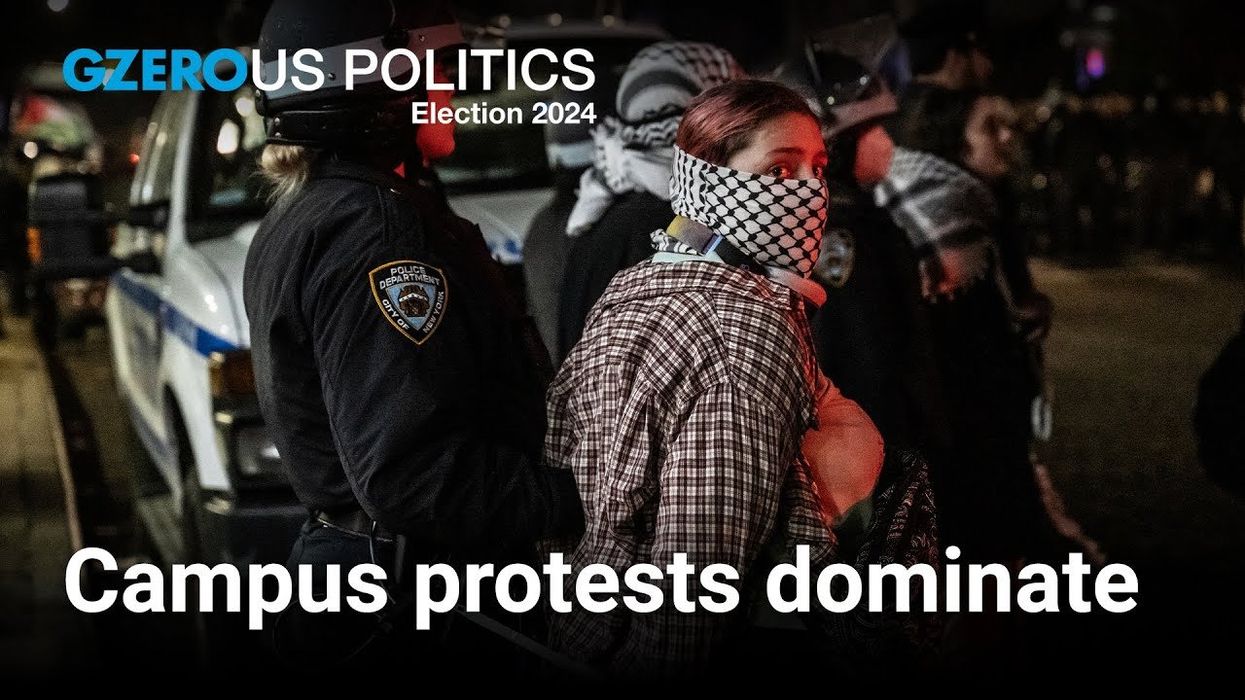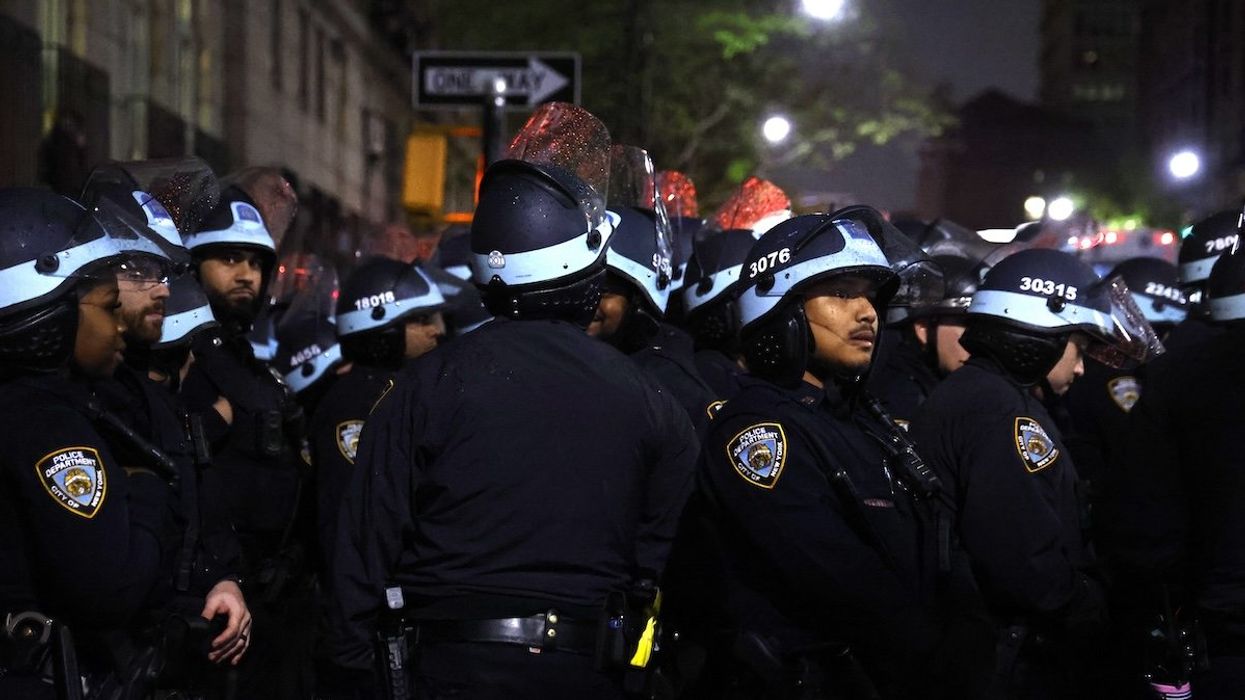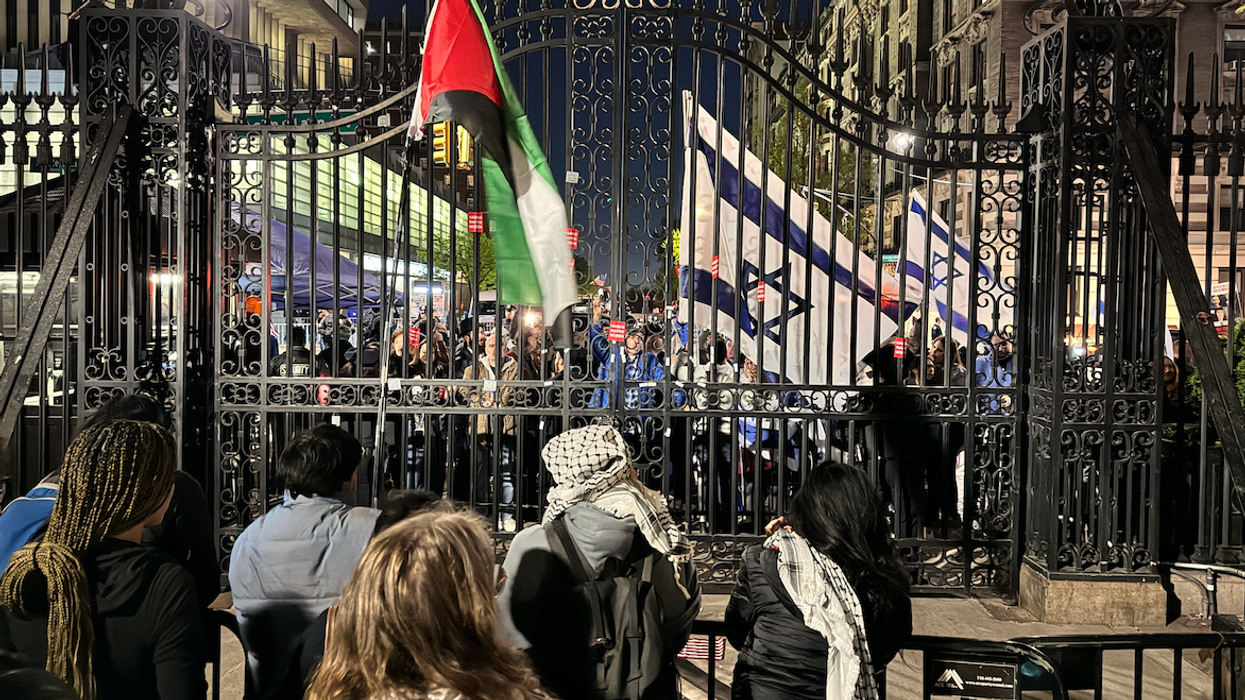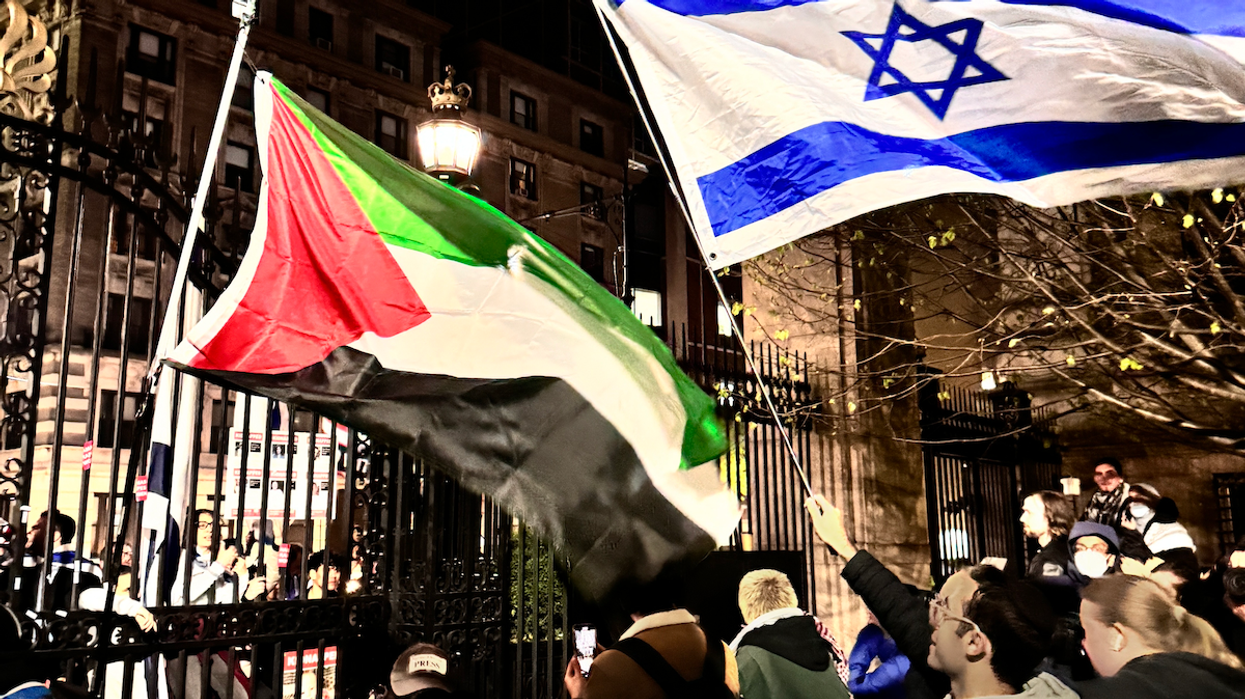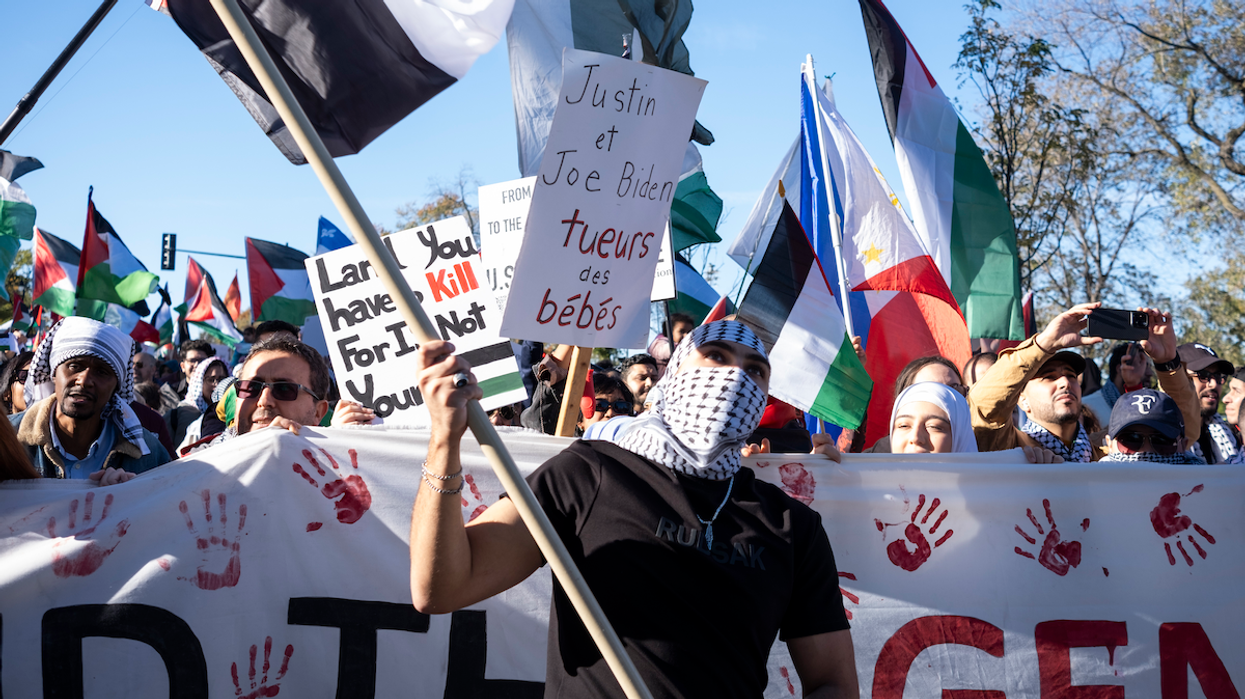US Politics In 60 Seconds
Campus protests spill over into US political sphere
For the second week running, campus protests continue to dominate headlines. They are starting to spill into the political sphere, especially as efforts to quell demonstrations on college campuses nationwide intensify.
May 02, 2024
